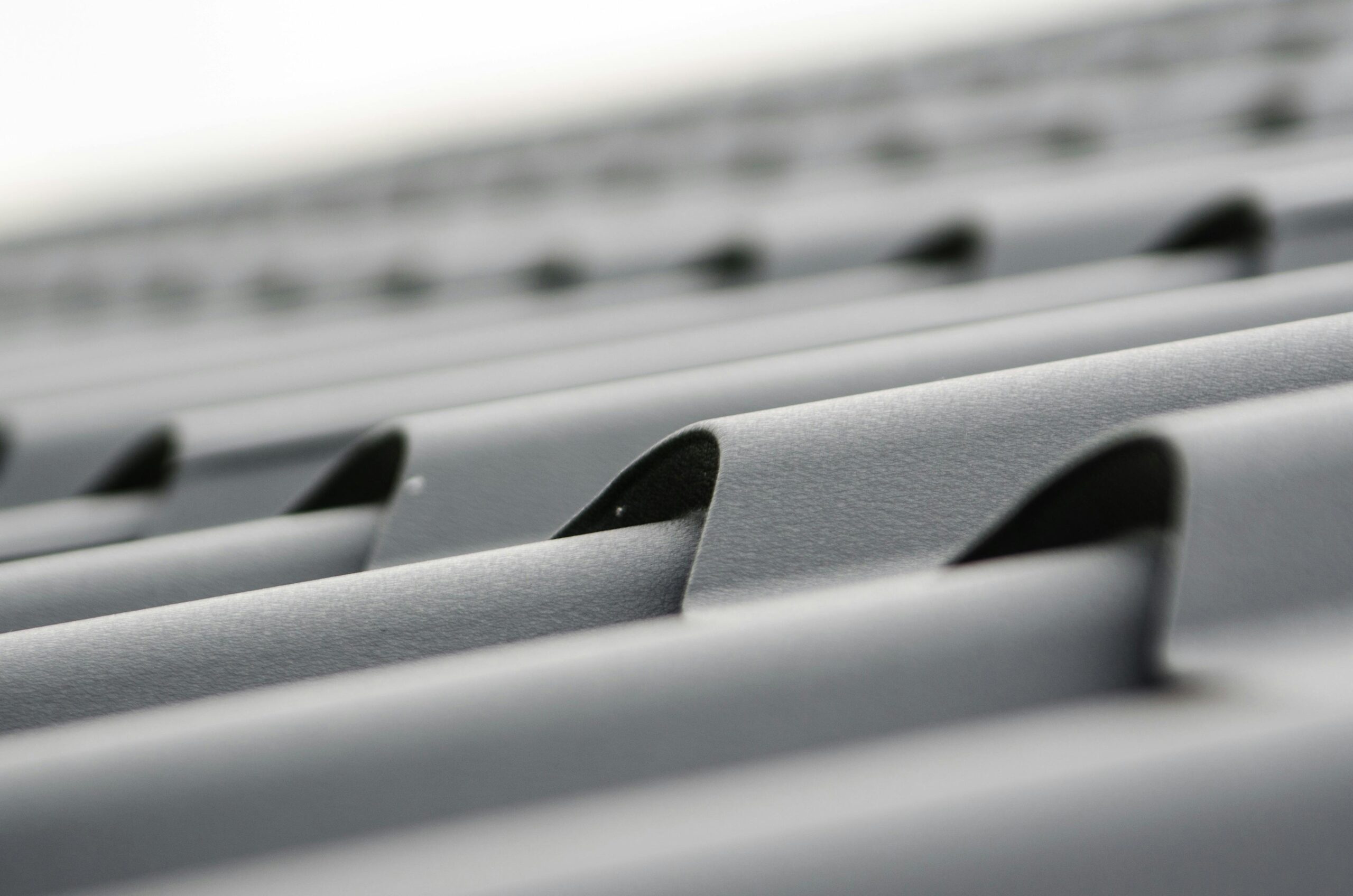Homeowners looking to enhance their property’s curb appeal often gravitate toward the timeless beauty of cedar shake and slate roofing. However, the high cost, maintenance demands, and durability concerns of natural materials have fueled the growing popularity of synthetic alternatives. Modern durable synthetic roofing products replicate the aesthetic appeal of traditional materials while offering improved performance, extended warranties, and potential long-term cost savings. This article explores the advantages of these alternative roofing materials, their installation considerations, and how they compare to their natural counterparts.
Understanding Synthetic Roofing Options
Synthetic roofing materials have evolved significantly over the past decade, with manufacturers developing products that closely mimic the texture, dimension, and color variations of natural slate and cedar. These composite cedar shake shingles and synthetic slate tiles are typically made from a combination of recycled plastics, rubber compounds, and other polymers. The engineering behind these products focuses on addressing the shortcomings of natural materials while preserving their aesthetic appeal. Unlike natural slate that can crack or cedar that may rot, synthetic versions are designed to withstand harsh weather conditions without compromising their appearance or structural integrity.
Advanced manufacturing techniques have enabled producers to create low maintenance roofing options that require minimal upkeep throughout their lifespan. Many synthetic slate roofing products now feature realistic textures and edge details that make them nearly indistinguishable from natural slate when viewed from street level. Similarly, composite cedar alternatives capture the rustic charm of wood shakes without the susceptibility to moss growth, insect infestation, or fire that often concerns homeowners with traditional cedar roofing.
Benefits of Synthetic Alternatives
The primary appeal of synthetic roofing lies in its combination of beauty and practicality. A comprehensive synthetic slate roofing review would highlight that these products typically weigh 50-75% less than natural slate, reducing structural requirements and installation costs. This weight difference doesn’t compromise performance—many synthetic slate options are rated for wind speeds exceeding 110 mph and carry Class 4 impact resistance, the highest rating available for roofing materials.
Composite cedar shake shingles offer similar advantages. While authentic cedar shakes may begin deteriorating within 15-20 years in challenging climates, synthetic versions typically come with 30-50 year warranties. This extended lifespan contributes to the value proposition of alternative roofing materials, as the higher initial investment often results in lower lifetime costs when factoring in reduced maintenance and replacement expenses.
Environmental considerations also favor synthetic options. Many manufacturers produce their synthetic roofing products using recycled materials, and the longevity of these products means fewer replacements and less waste over time. Additionally, some synthetic roofing materials feature reflective properties that can improve a home’s energy efficiency, potentially lowering cooling costs during summer months.
Installation Considerations
While synthetic materials offer numerous advantages, proper installation remains crucial to maximizing their performance. Installers familiar with these durable synthetic roofing products understand the specific requirements that differ from traditional materials. For example, expansion and contraction must be accounted for during installation, as synthetic materials respond differently to temperature changes than natural slate or cedar.
Finding qualified contractors experienced with synthetic roofing materials is essential. Homeowners can connect with certified installers through platforms like AskHomey, where pre-screened roofing professionals familiar with these specialized materials can provide accurate quotes and quality installations. Working with experienced installers ensures that warranties remain valid and that the roofing system performs as expected throughout its lifespan.
Cost Comparison and Long-Term Value
The initial cost of synthetic roofing typically falls between premium asphalt shingles and natural slate or cedar. While synthetic slate might cost more upfront than architectural asphalt shingles, it generally runs 40-60% less than natural slate. Similarly, composite cedar shake alternatives usually price lower than authentic cedar shakes while offering substantially longer warranties and reduced maintenance costs.
This cost differential becomes more favorable when considering the total lifecycle expense. Low maintenance roofing options eliminate many of the recurring costs associated with natural materials. Cedar shakes require regular treatments against moss and mildew, and individual slate tiles may need replacement when cracked or damaged. Synthetic alternatives typically need only occasional cleaning to maintain their appearance, with virtually no component replacement required under normal conditions.
Making the Right Choice for Your Home
Selecting the ideal roofing material involves balancing aesthetic preferences, performance requirements, and budget constraints. Homeowners should request samples of synthetic products and compare them to natural materials, viewing them in different lighting conditions to ensure satisfaction with the appearance. Consulting with roofing professionals about specific climate considerations will also help determine which synthetic option best suits a particular home and environment.
It’s also worth investigating manufacturer warranties in detail, as coverage can vary significantly between brands. Some premium synthetic roofing products offer non-prorated warranties that provide superior protection compared to the limited coverage typical with natural materials. These comprehensive warranties often represent one of the most compelling advantages of choosing alternative roofing materials over traditional options.
For more tips and to connect with reliable home service professionals, follow AskHomey on Facebook and Instagram.



